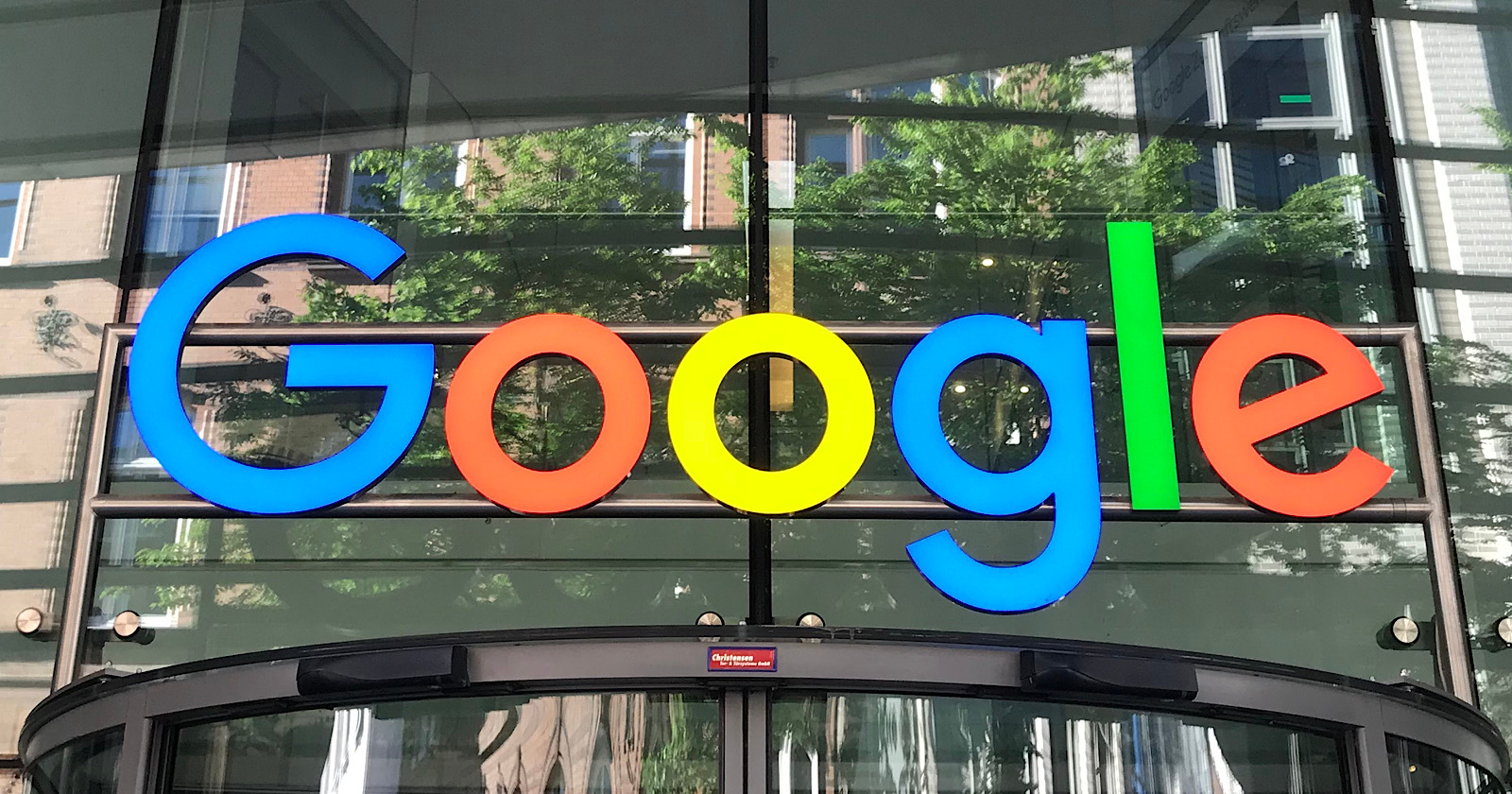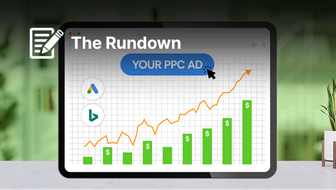Google announced a 3-strike policy, which would effectively suspend ad accounts that have received repeated violations.
The new policy was met with concern from advertisers as the system incorrectly flags ad content as breaking policy fairly frequently. There was speculation about the number of ad accounts that could receive undeserving suspensions.
However, Google does have some checks and balances in place to try to ensure that only accounts that have truly violated policy are being penalized.
Let’s dig into what constitutes a strike, how to remove strikes, and how strikes accumulate.
Violation Categories
For now, these penalties are only applicable to three categories: Enabling Dishonest Behavior, Unapproved Substances, and Dangerous Products or Services. These are policies that monitor deceptive behavior, hacking services, spyware, drugs, weapons, etc.
Google plans to roll out this program further in the future but – for now – the above-listed categories are the only violations that will trigger strikes. There are other violation categories (such as phishing or misrepresentation) that already trigger immediate account-level suspensions.
Appealing Disapprovals
According to a source at Google, wrongful violations that are successfully appealed will result in the removal of the strike. So that means, if your business receives a violation for ad content and you are able to appeal it (without making any edits to the ad), you will not receive a strike as the disapproval was not truly a violation.
Strikes and Timing
The first incident will result in a warning. After that, advertisers will receive strikes. Each expires within 90 days. So if an advertiser receives a warning and then, within 90 days, violates the same policy then they will receive a strike. If it has been more than 90 days, they would receive a warning and the process would start over.
Once they’ve received their first strike, the account will be placed on a temporary hold for 3 days. Regardless of when the warning occurred, if another violation happens within 90 days of the first strike, then they would receive a second strike which would result in a 7-day temporary hold.
Finally, if the violation occurred again within 90 days of the second strike (regardless of when the warning or first strike happened), then the account would be suspended for repeated violation of policy.
Keep in mind, if any of those strikes were successfully appealed as being incorrectly flagged for violation, the strike would be removed and it would not count.





